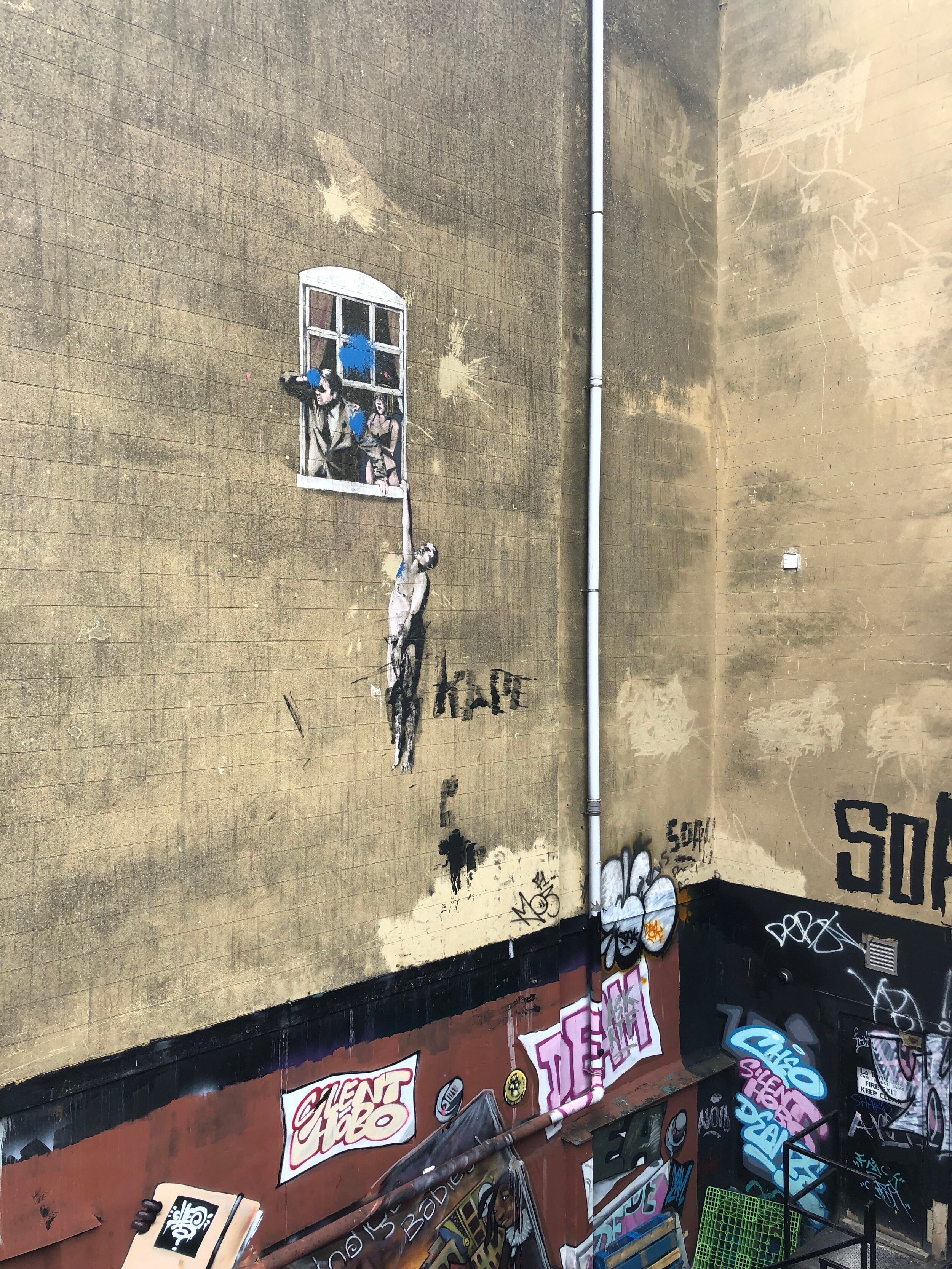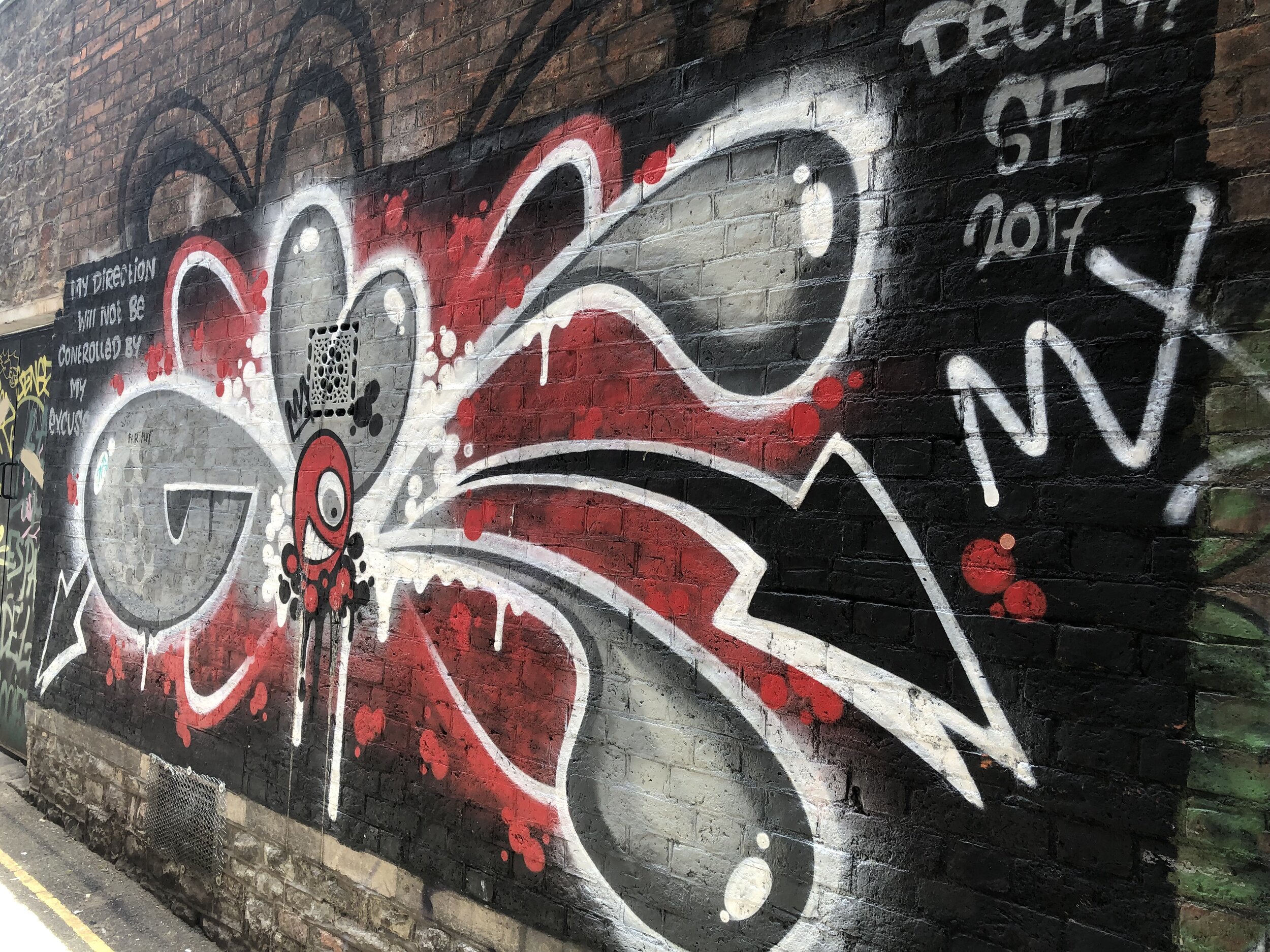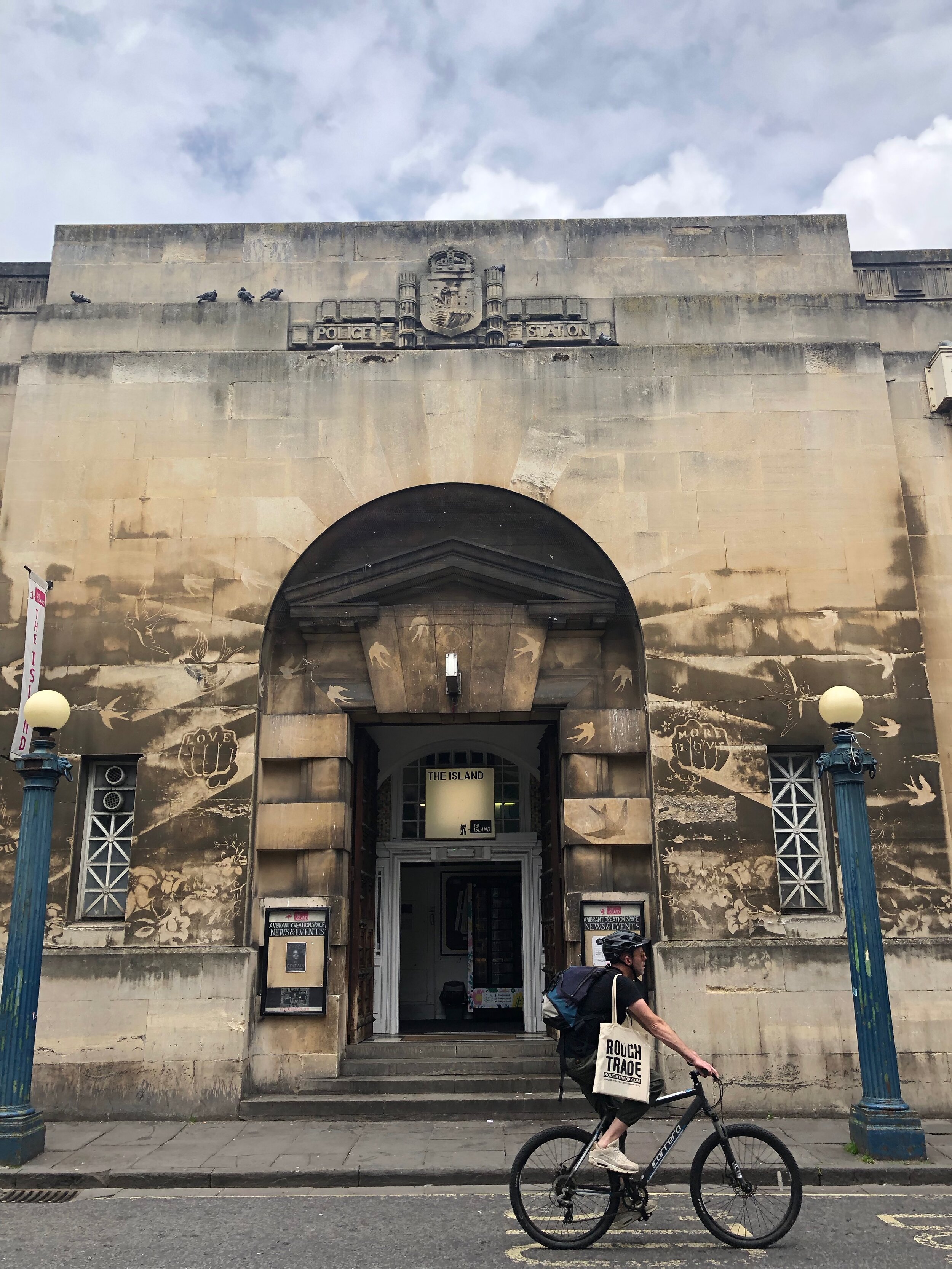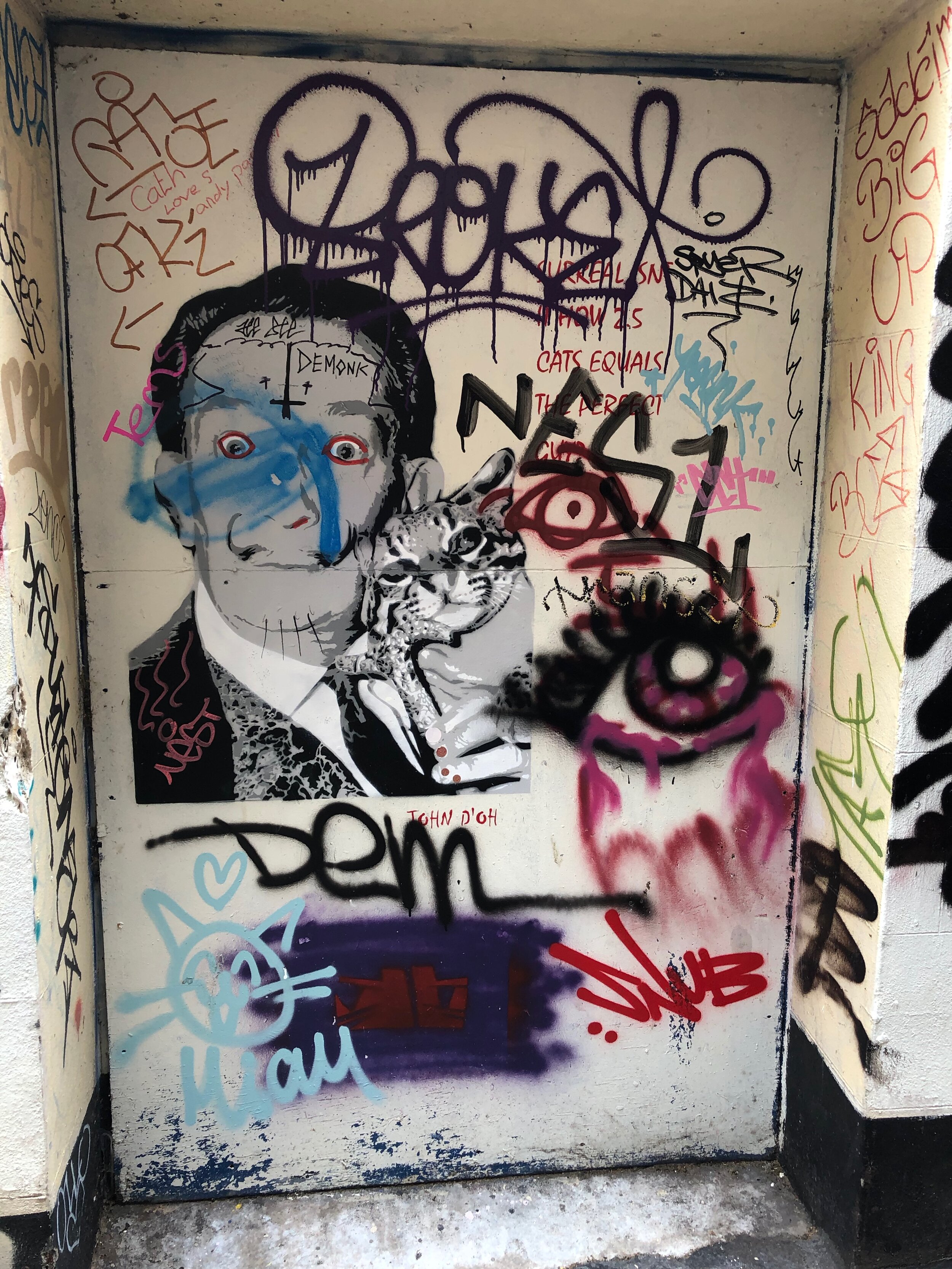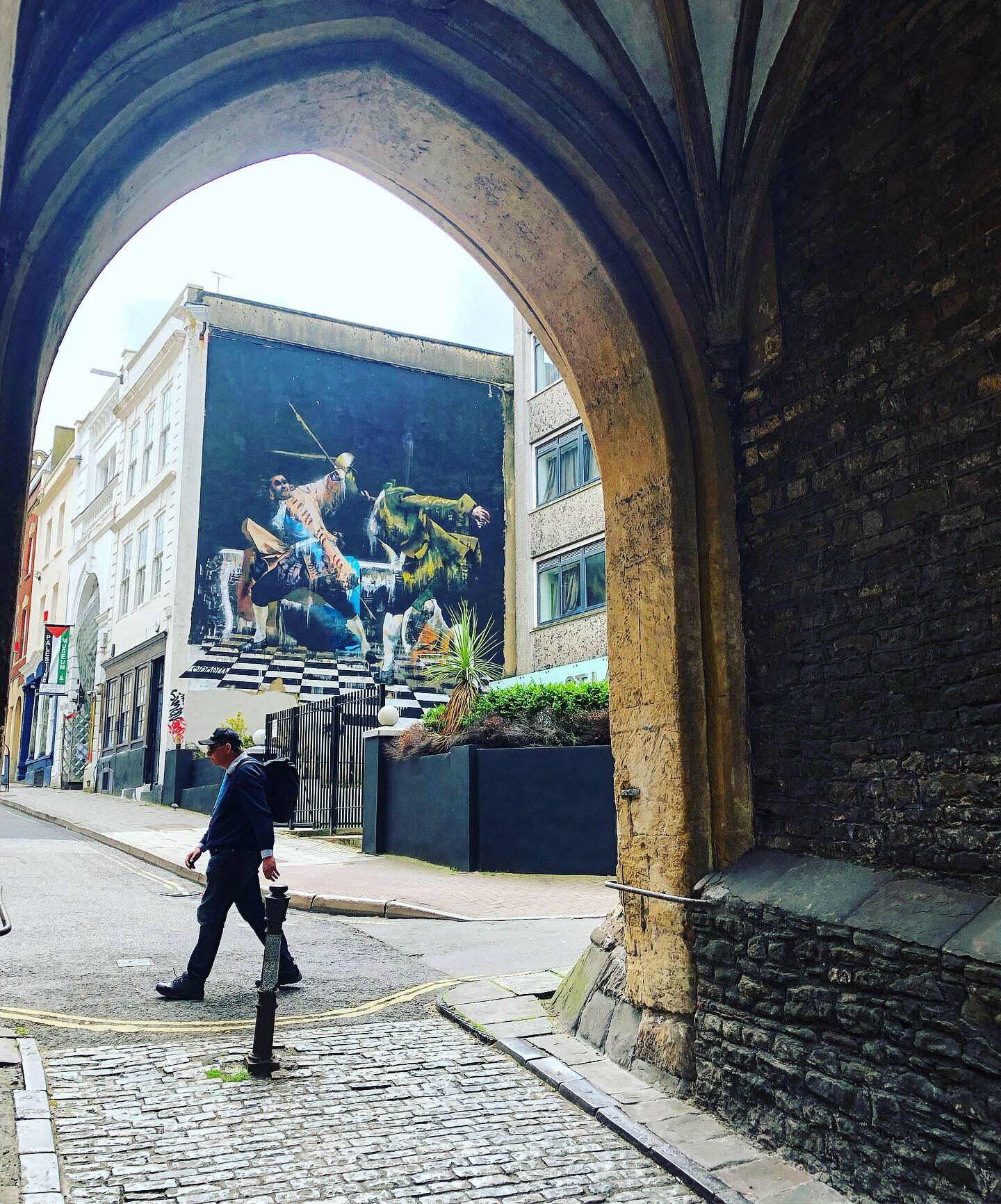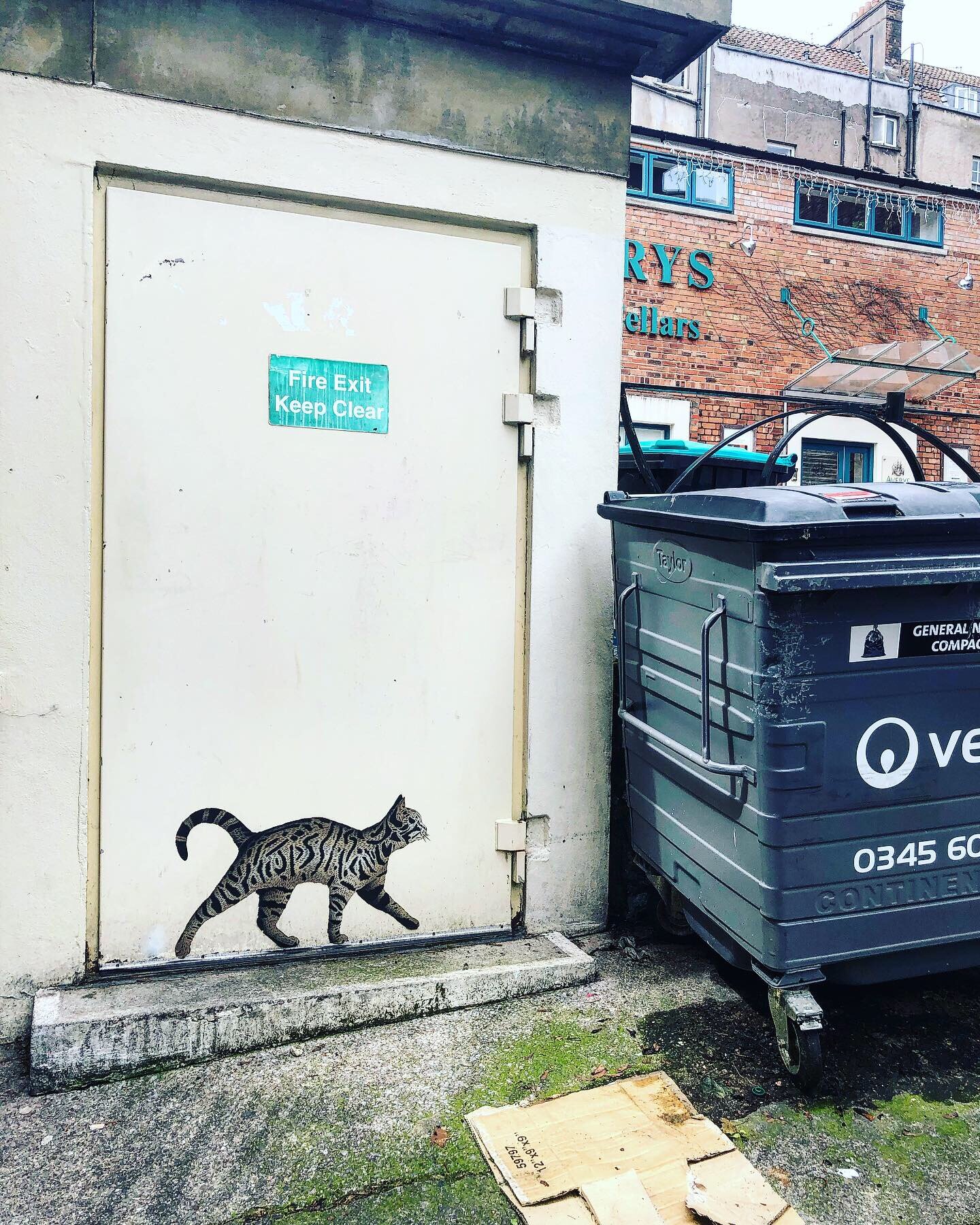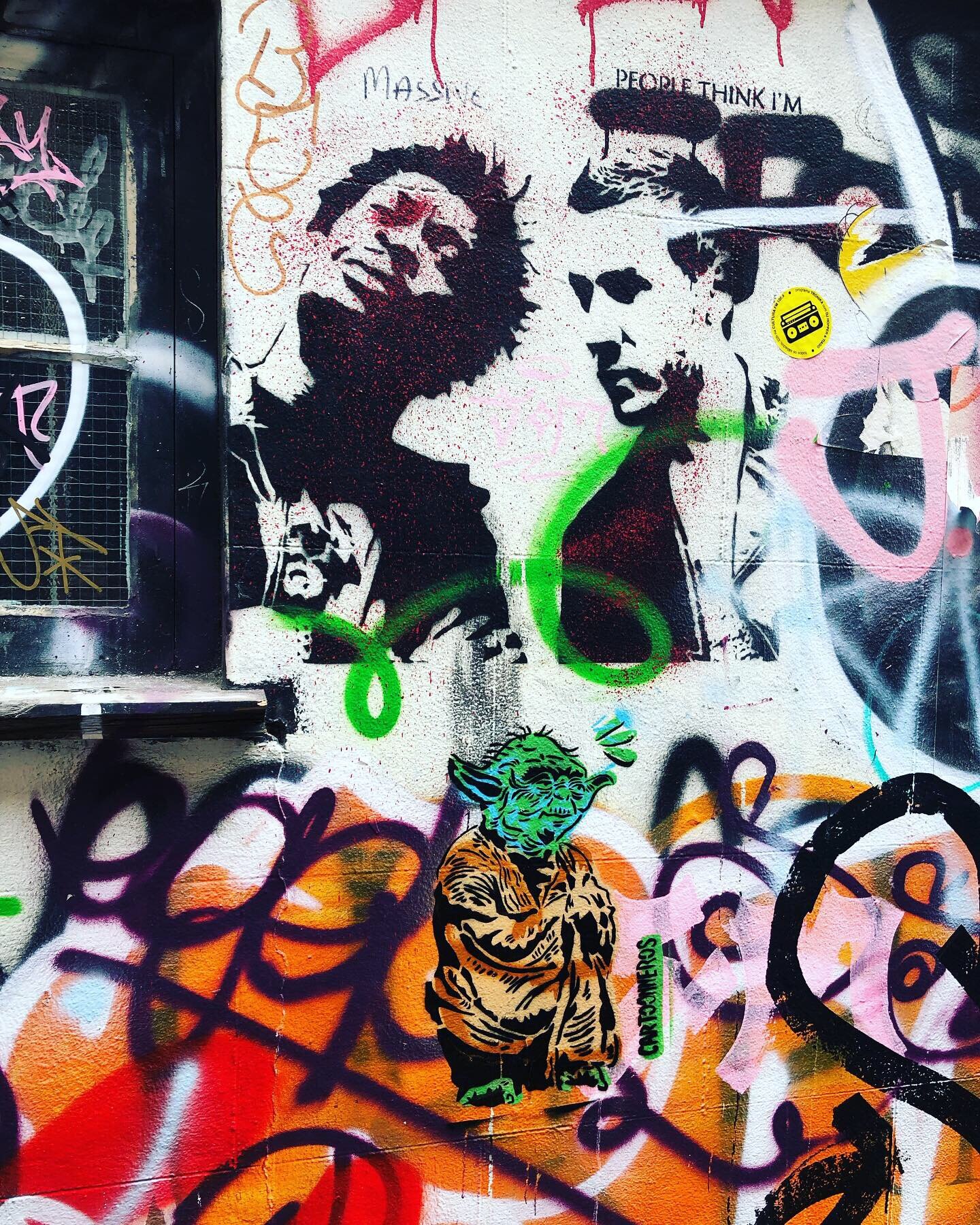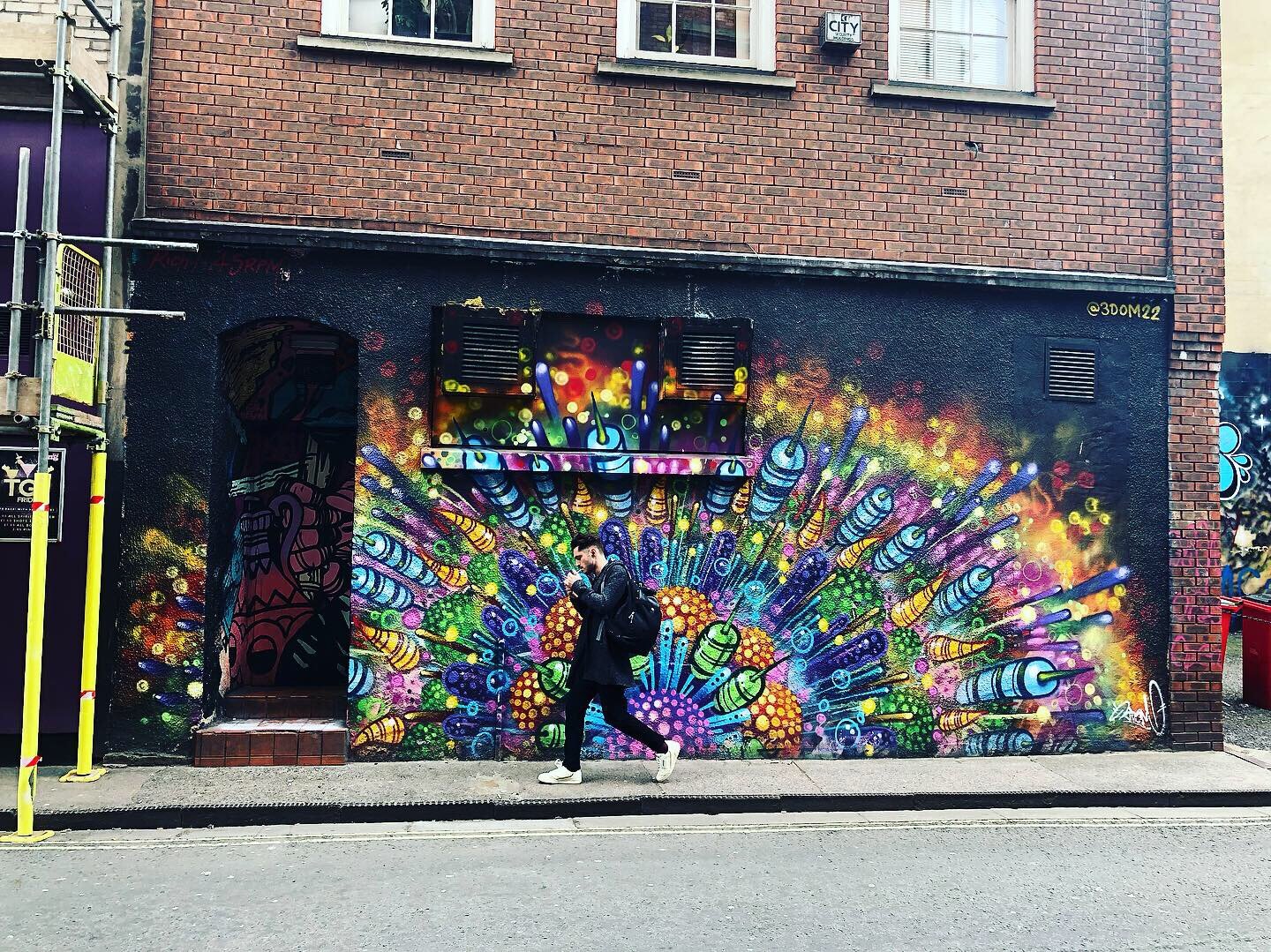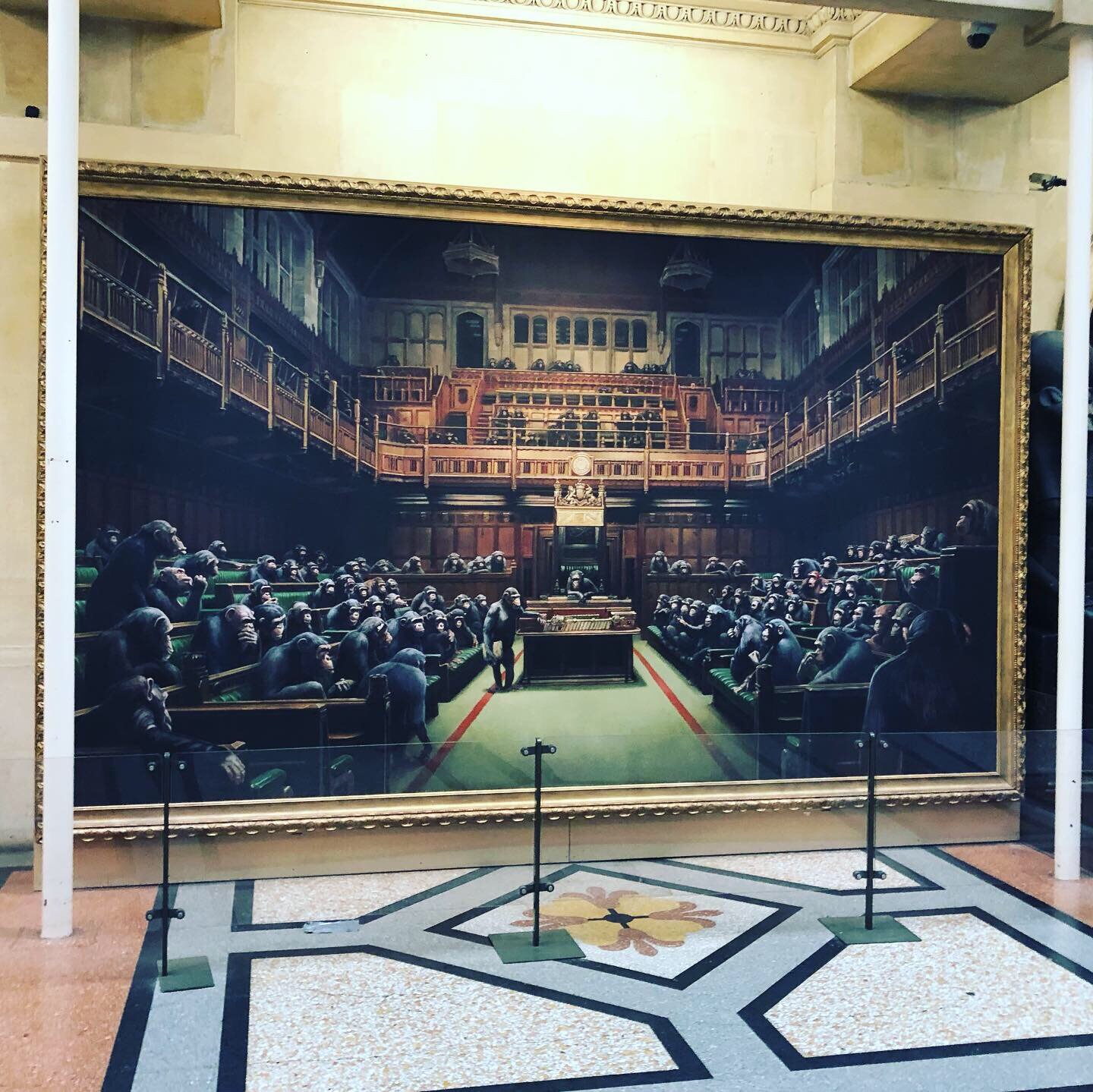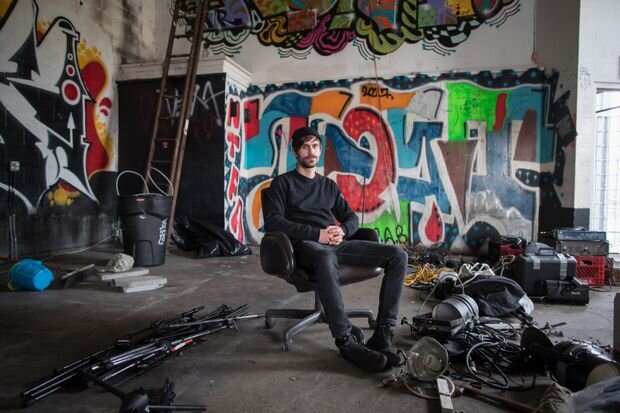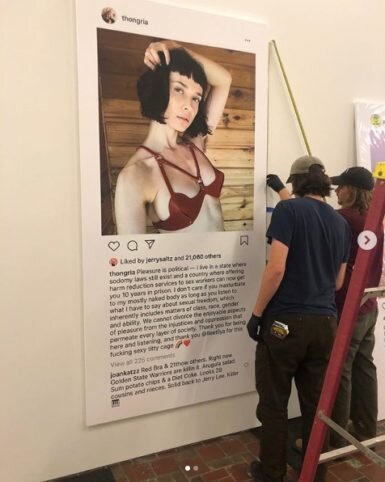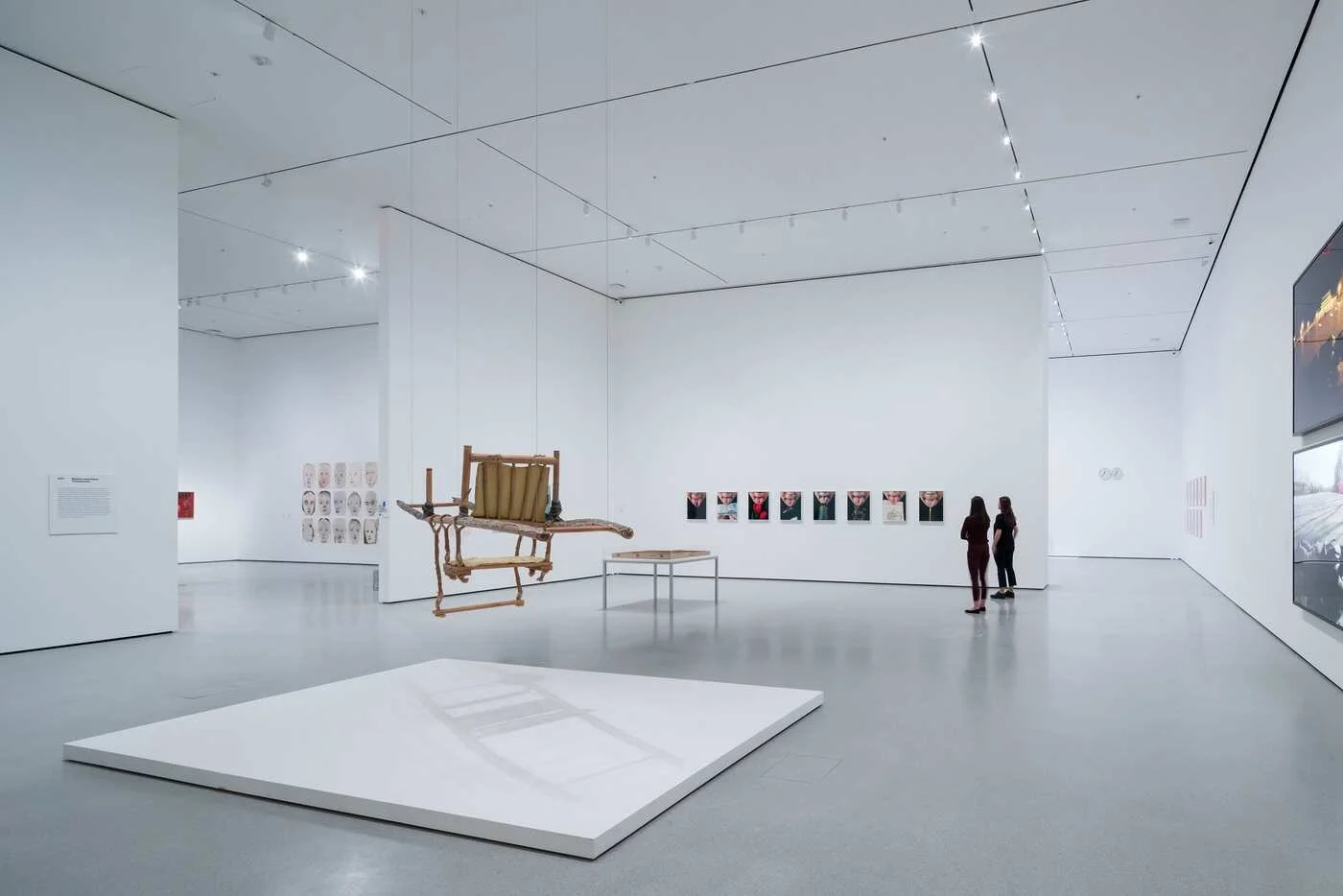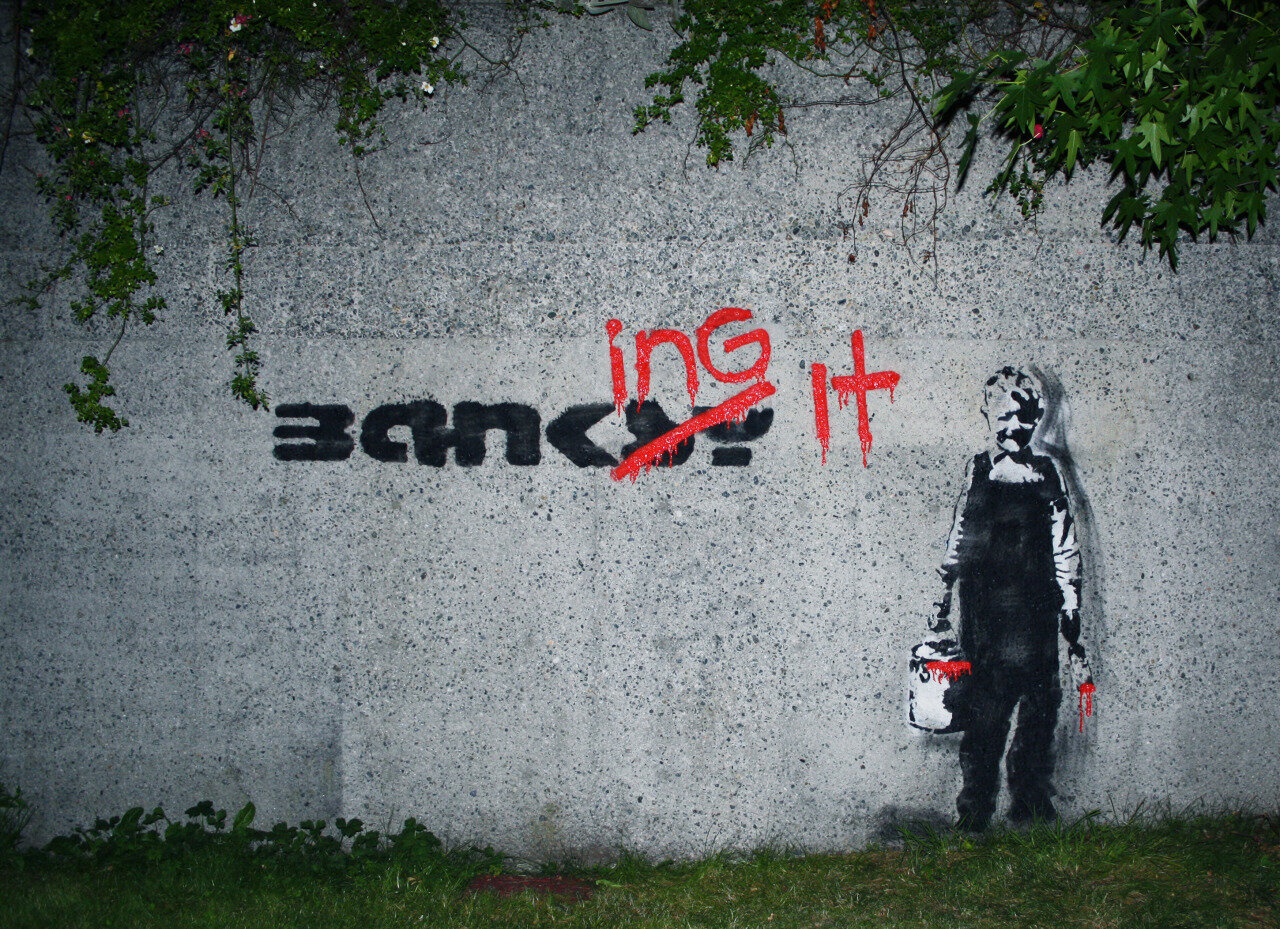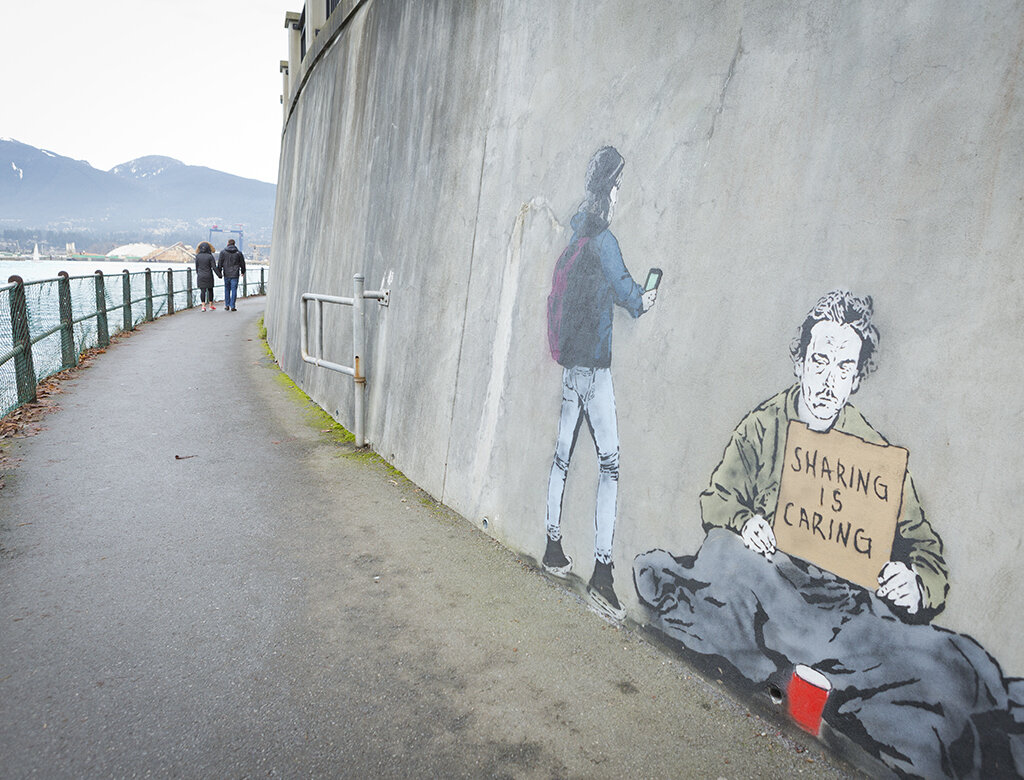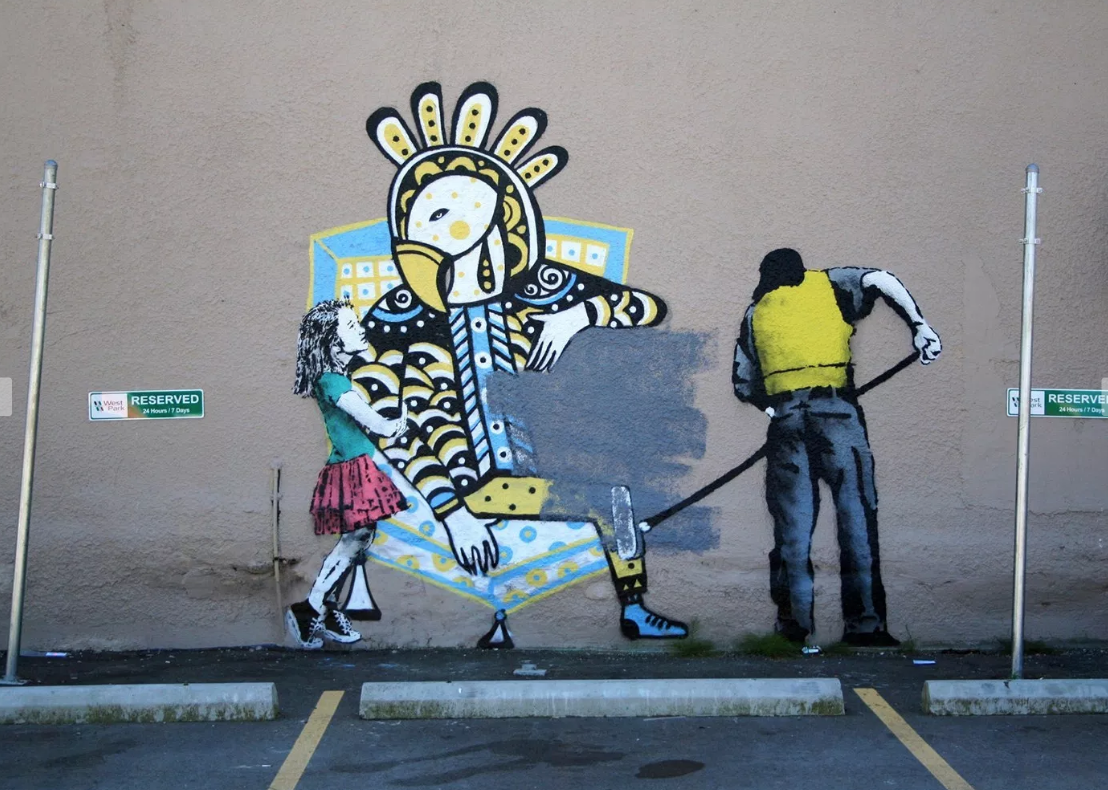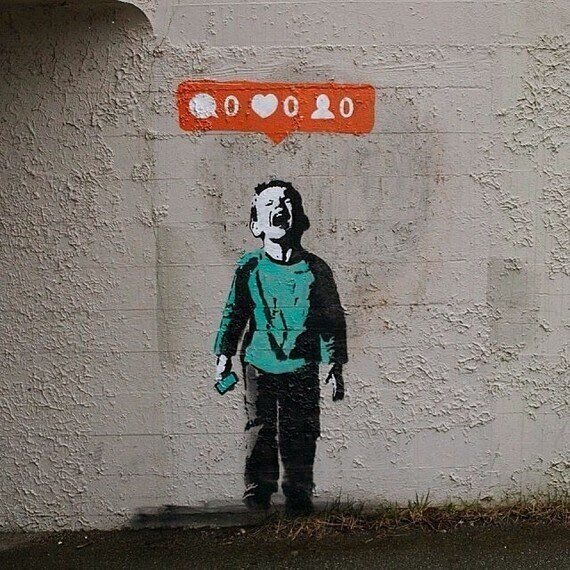Thirty years ago, the world gathered around their television sets to witness history unfold as the Berlin Wall began to fall. As a child of Hungarian immigrants and a frequent visitor to Budapest pre-1989, the events seemed both surreal to me, but also inevitable. In retrospect, most people talk about the speed of events, or surprise in seeing the peaceful exuberance of Berliners, East and West, as they helped one another climb over the rubble and explore unknown worlds. One of my favourite films to capture this historic moment in all of its complexities is Wolfgang Becker’s Goodbye, Lenin! (2003), a dramatic comedy that tells the story of Alex, a young man who gets caught up in the events of 1989 and tries to hide the regime change from his ailing mother, who happens to fall into a coma the evening of November 9th. Alex’s mother, a loyal party communist, awakens from her coma months later, but cannot be excited in any way to prevent a likely heart attack. As such, Alex goes to great lengths to keep up the pretense that communism still reigns in East Germany (buying up old communist brand foods, creating fake news broadcasts, and enlisting friends and family to keep up old appearances), but ultimately fails to keep up the charade. His mother, understanding the reality of the changes, comes to terms with the world she inhabits, however difficult and improbable. There is no going back, but there is also hope in the new freedoms gained.
For me, as a child raised in Canada with all the privileges of travel and access to a relatively unfiltered education, I was always hopeful that the relenting call of democracy and liberal freedoms would reach beyond the political rhetoric behind the Iron Curtain. I had been witness to the deep cynicism and open disdain for the Cold War experiment when visiting Hungary throughout my childhood, and it did not take much to reach a critical mass through the 1980s to the outcomes many witnessed with some level of disbelief in 1989. The tragedy, of course, is that so much has changed from the optimism of that time, and along with it, our media landscape. A rising tide of illiberalism and fear and distrust of global systems has taken hold in many of the same parts of Eastern Europe that were the first to champion the freedom of a world without walls. Conspiracy theories, false histories, and outright propaganda and hate speech overwhelms much of the conversation on both social media and state-controlled media outlets. Open public discourse and debate is fading as journalists and academics, increasingly distrusted and harassed by government officials, are seen as enemies by many in power in parts of Eastern Europe. At the same time, open hostility to immigrants, foreigners, non-Christian, non-European, and non-straight individuals raises serious alarm and comparisons to Europe in the 1930s.
Looking back at 1989, the shock I feel today is not how quickly events appeared to unfold in Berlin, but instead, how quickly many people have forgotten, or simply given up, on the promise and hope offered by open societies. While democracy is an imperfect system, it still holds out far greater possibility for freedom, critical thinking, and happiness than a turn to increasing state-control, tribalism, and fear-based ethnic nationalism. In fact, I realize that I have the same faith today that I had back in 1989. I trust there will be an inevitable turn towards the hope and revolutionary potential of that moment— a tearing away of walls, false differences, and hate.
I wish everyone peaceful reflection on this Remembrance Day long weekend. Enjoy the links.


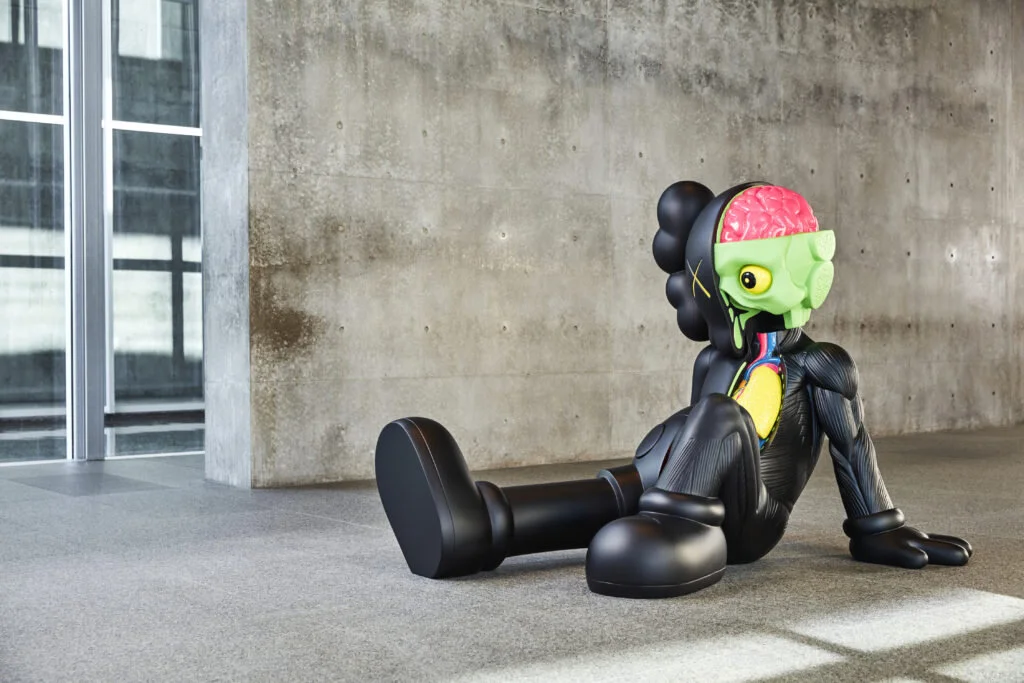
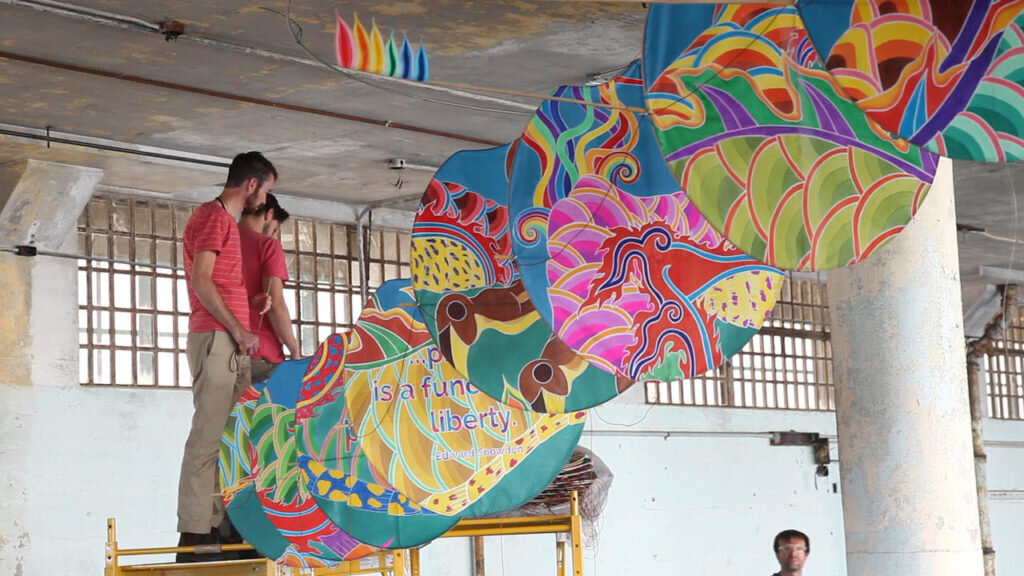


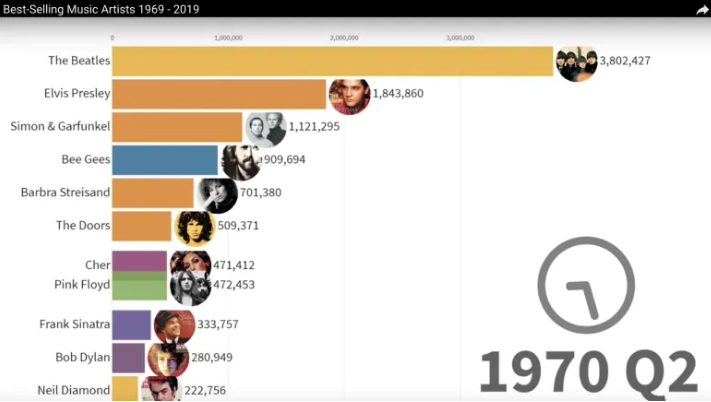

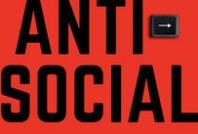

The Gray Market: Why KAWS Is More a Symbol of the Art Market’s Past Than Its Future
New Ai Weiwei Documentary Champions the Artist as a Global Activist
Cindy Sherman’s ‘Masterclass in Makeup’ Is a Full Frontal Challenge
Fascinating animated timeline of bestselling music from past 50 years goes viral
“Anuses on Stems”? Parisians React to Jeff Koons’s Gift to the City
Slow Burn: Biggie and Tupac (Gangsta Rap vs. The Cops) (PODCAST)


